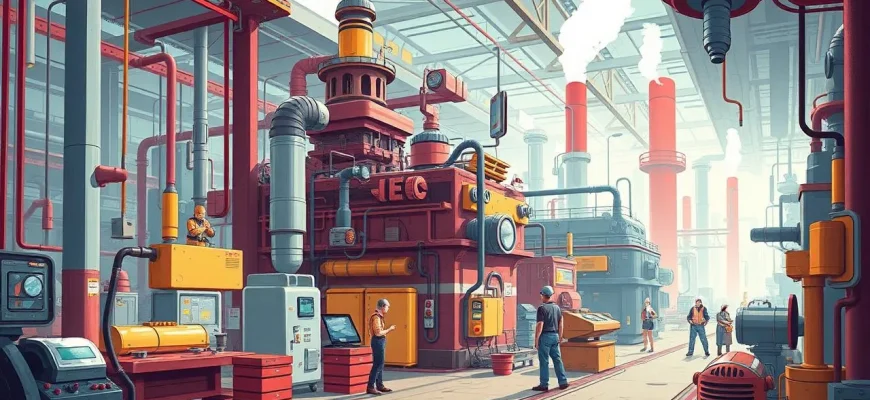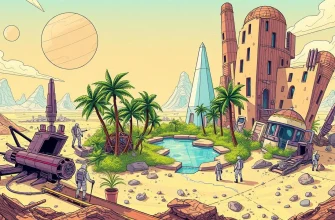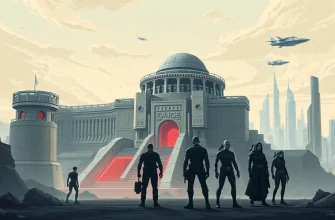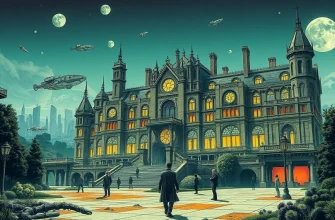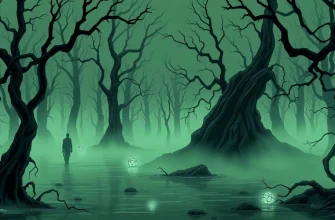If you're a fan of science fiction and have a fascination with the industrial world, this curated list of films is just for you. These movies take you on a journey through futuristic factories, where technology, humanity, and sometimes even horror intertwine. From dystopian landscapes to innovative production lines, these films not only entertain but also offer a glimpse into the potential future of manufacturing and industry. Here are 10 films that blend the genre of science fiction with the backdrop of factories, providing a unique cinematic experience.
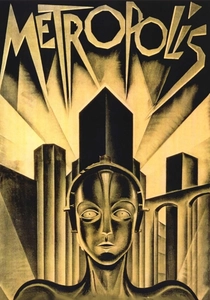
Metropolis (1927)
Description: This silent film classic depicts a futuristic city where the working class toils in underground factories, highlighting the stark divide between the rich and the poor.
Fact: It was one of the first feature films to use special effects extensively. The film influenced countless sci-fi movies with its vision of urban dystopia.
 Watch Now
Watch Now
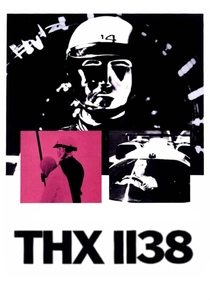
THX 1138 (1971)
Description: In this dystopian world, people live in underground cities, working in monotonous factory-like environments, controlled by an authoritarian regime.
Fact: This was George Lucas's first feature film. The title "THX 1138" is a reference to Lucas's earlier student film.
 Watch Now
Watch Now
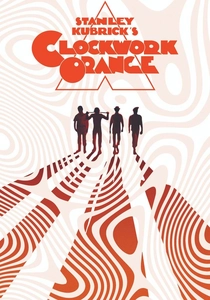
A Clockwork Orange (1971)
Description: While not about factories per se, the film includes scenes of the protagonist undergoing a form of psychological conditioning in a facility that could be likened to a factory of human behavior modification.
Fact: Stanley Kubrick's adaptation of Anthony Burgess's novel was controversial for its violence and sexual content. The film's title refers to an old Cockney expression for something unusual.
 Watch Now
Watch Now
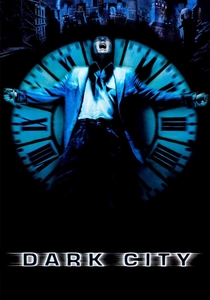
Dark City (1998)
Description: While not directly about factories, the city itself is a construct of an alien race, with its inhabitants living in a controlled environment, akin to a factory of human lives.
Fact: The film's director, Alex Proyas, was inspired by German Expressionist films like "Metropolis." The movie was initially a box office disappointment but has since gained a cult following.
 Watch Now
Watch Now

The Matrix (1999)
Description: While not exclusively about factories, the film features scenes where humans are grown in pods within a vast, factory-like setting, controlled by machines. It's a metaphor for industrial production and human commodification.
Fact: The film's visual effects were groundbreaking, winning four Academy Awards. The concept of humans as batteries was inspired by a comic book.
 Watch Now
Watch Now

Equilibrium (2002)
Description: In a society where emotions are outlawed, citizens work in factories producing the drug that suppresses feelings, showcasing a totalitarian control over human nature.
Fact: The film was heavily influenced by "Fahrenheit 451" and "
 Watch Now
Watch Now

The Island (2005)
Description: Clones are produced in a facility that looks like a high-tech factory, living in a controlled environment until they are needed for organ harvesting, exploring themes of identity and freedom.
Fact: The film was inspired by several sources, including the novel "Brave New World" by Aldous Huxley. The set design for the cloning facility was influenced by real-life clean room environments.
 Watch Now
Watch Now
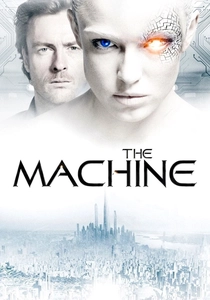
The Machine (2013)
Description: Set in a future where Britain is at war with China, the film explores an AI research facility where human consciousness is transferred into machines, resembling a factory of human-AI hybrids.
Fact: The film was shot in Wales, UK, and features a mix of practical effects and CGI. The story was inspired by real-life advancements in AI and robotics.
 Watch Now
Watch Now
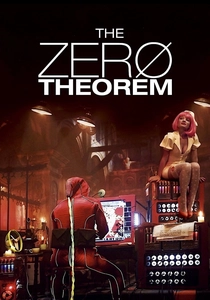
The Zero Theorem (2013)
Description: In this surreal sci-fi, the protagonist works on proving a mathematical theorem in a bizarre, factory-like office, exploring themes of existentialism and the search for meaning.
Fact: The film was directed by Terry Gilliam, known for his unique visual style. It features a cameo by Matt Damon, who also served as an executive producer.
 Watch Now
Watch Now

Brazil (1985)
Description: In this dark comedy, the protagonist works in a bureaucratic office that resembles a factory, dealing with endless paperwork and malfunctioning technology, symbolizing the dehumanization of the workforce.
Fact: The film's title is a reference to the song "Aquarela do Brasil," which plays during the dream sequences. Terry Gilliam, the director, had a tumultuous relationship with Universal Studios over the film's release.
 30 Days Free
30 Days Free

